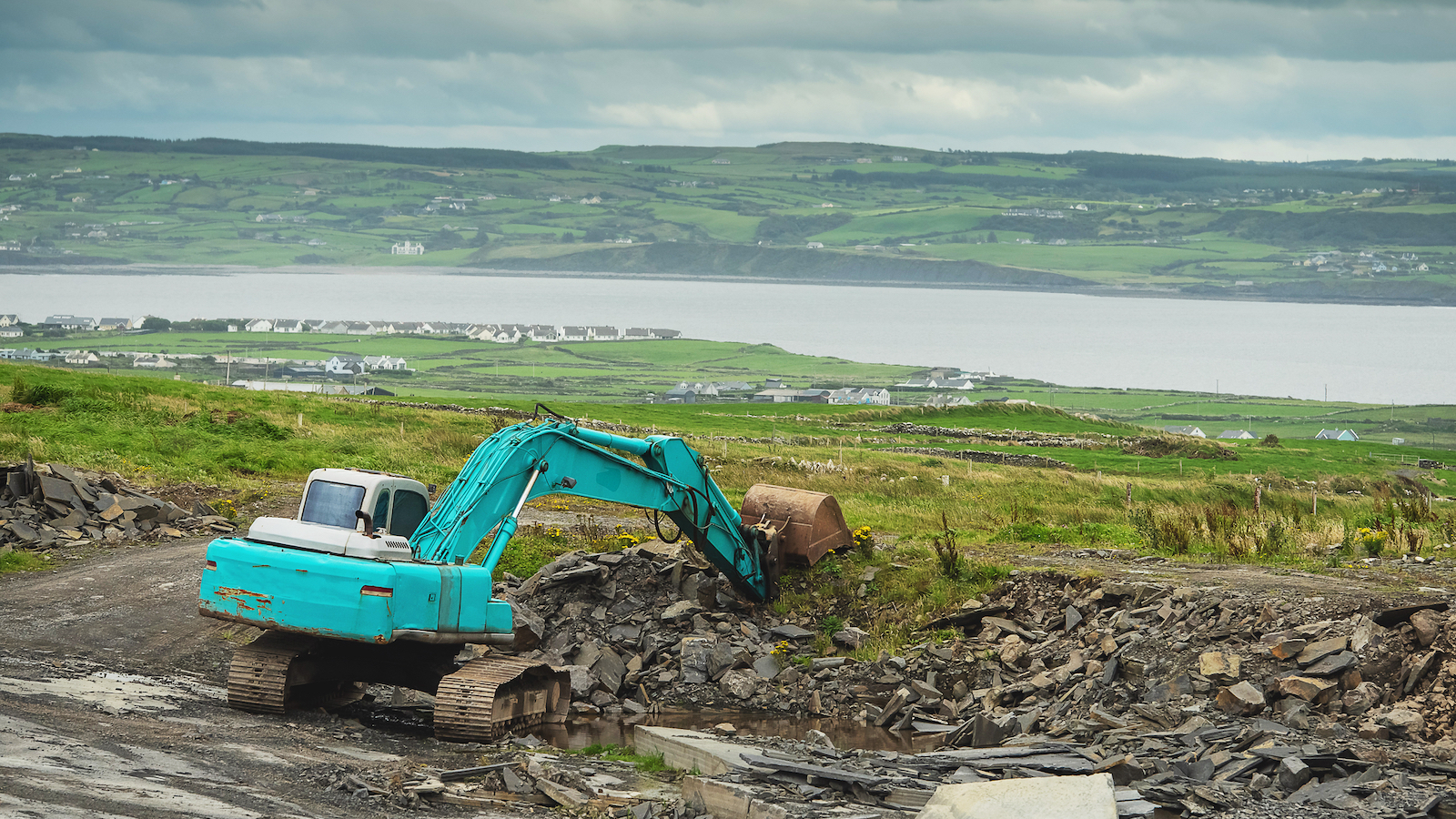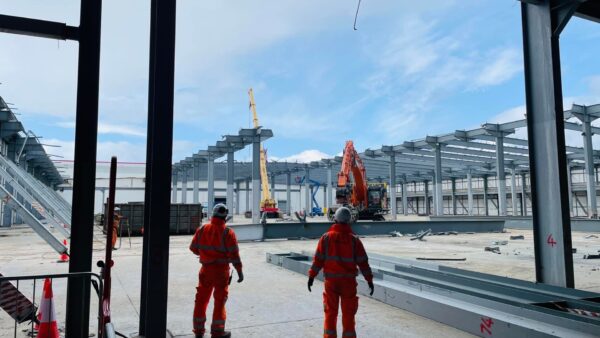New report explores problems facing the Irish industry

When covid restrictions end and building is finally allowed to recommence, Irish construction may not be ready to meet the pent-up demand. This is one of the themes explored in a new report entitled Job Quality in the Irish Construction Sector, produced by TASC, the Think-tank for Action on Social Change, in partnership with the CIOB.
The report points to the sector’s boom and bust cycle as a root cause of many of the problems it faces in areas including productivity, labour shortages and job stability. This, it suggests, could have serious implications for Ireland’s house and infrastructural building strategies – leading to increases in house prices and delays in provision in other areas.
Earnings in the Irish construction industry are, on average, good and construction is good for social mobility, according to the report. Pay is close to, but still below, the national average – putting Ireland slightly above most other EU countries.
Register for free or sign in to continue reading
This is not a paywall. Registration allows us to enhance your experience across Construction Management and ensure we deliver you quality editorial content.
Registering also means you can manage your own CPDs, comments, newsletter sign-ups and privacy settings.










